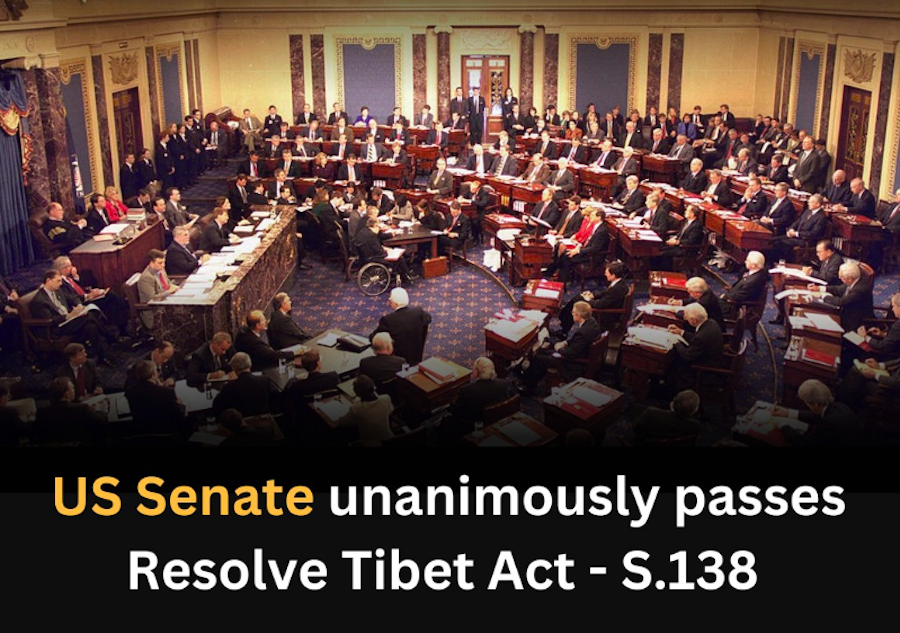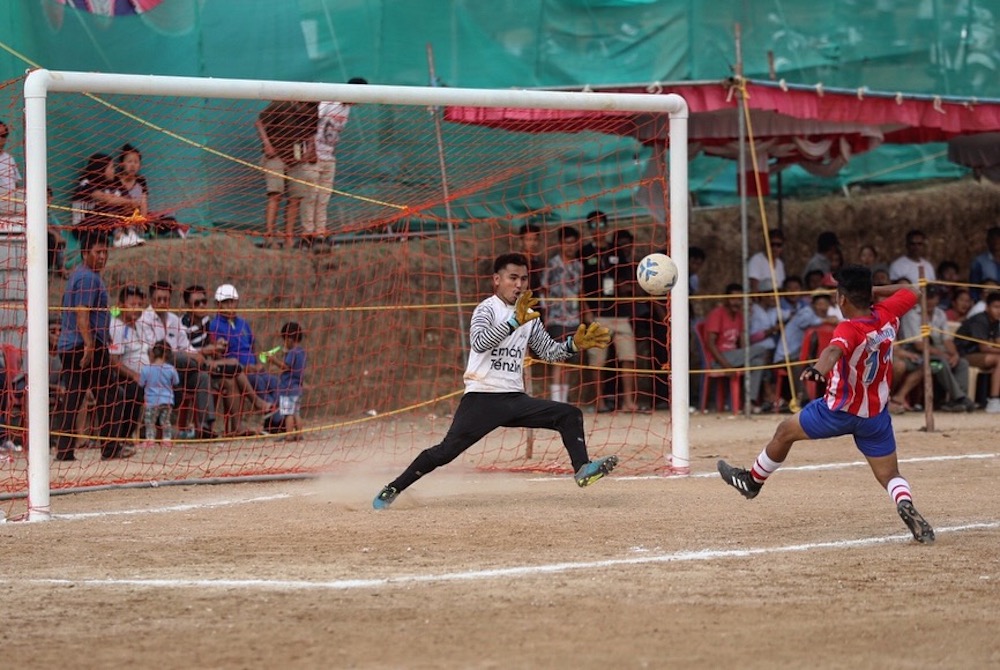Prague, October 21 – The Fourth International Conference of Tibet Support Groups attended by 260 participants from 47 countries, including representatives from Africa, Asia and Latin America as well as from North America and Europe, was held successfully in Prague from October 18-21, 2003. At an inspiring inauguration of the conference, His Holiness the Dalai Lama in the presence of President Vaclav Havel outlined his vision for Tibet’s future, pointing out that he had been working towards genuine Tibetan self-rule within the political framework of the People’s Republic of China since 1974. His Holiness emphasised that seeking a solution to the issue of Tibet based on his Middle-Way Approach of not seeking Tibetan independence was his top priority.
Former President Vaclav Havel stressed that the non-violent struggle of the Tibetan people has his full support and was one reason why His Holiness the Dalai Lama was the first eminent international leader whom he had invited to visit the newly free Czech Republic during his first term. Jan Ruml, the vice-president of the Senate of the Parliament of the Czech Republic underlined that this was indeed the reason why he and Petr Pithart, the President of the Senate of the Czech Republic, decided to become patrons of the conference. Dr. Otto Count Lambsdorff, the Chairman of the German Friedrich-Naumann Foundation, appreciated that His Holiness the Dalai Lama and the democratically elected leadership of the Tibetans in exile were not seeking independence but working towards a mutually satisfactory accommodation with the People’s Republic of China, for which there seemed to be some new reasons for hope emanating from new developments in China. The Friedrich-Naumann-Foundation strongly endorsed this balanced position, not the least by financially supporting three such conferences, including the present one.
The conference worked predominantly through workshops that allowed a maximum of sharing and interaction between the participants from all corners of the globe. The impressively broad range of ideas and suggestions for concrete actions that emerged from it underlined the value of this approach.
The role of the Central Tibetan Administration (CTA) was to convene this conference and to explain its policies; during the course of the conference, the CTA appealed to participants for support for its Middle Way approach. Just as the ideas and strategies produced during the conference (see enclosed Executive Summary) do not necessarily represent the views of all Tibet Support Groups and Tibetan NGOs, neither do they necessarily represent the views of the Conference Organisers.
The conference participants discussed various ways in which the appalling human rights situation prevailing in Tibet and China’s massive – and contentious – development projects should be tackled. In this regard the conference identified a number of strategies and actions to build support for the Tibetan cause among governments and international organisations such as the UN. These include explaining the Middle Way approach to governments and obtaining support for it; and, more specifically, campaigning for the appointment of special co-ordinators for Tibet at the European Union and elsewhere and obtaining support for it.
The conference was also enriched by the participation of more than a dozen Chinese scholars, writers, reporters and human rights activists. In their assessment, His Holiness the Dalai Lama’s Middle Way Approach represents a sincere outreach to the Chinese people. It would allow a genuine reconciliation between Chinese and Tibetans in a changed China. Without such reconciliation, the possibility of Tibet’s separation would continue to haunt China and blight its policies towards the Tibetans.
This, unfortunately, starkly contrasts with the attitude exhibited by China towards the conference. In a surprising development, China protested the holding of the Conference. Following a protest issued by the Chinese embassy here in Prague on 17 October, yesterday in Beijing the spokesperson of the Chinese foreign ministry expressed the disappointment of the Chinese government at the conference and accused “the Dalai clique of using every opportunity to internationalise the issue of Tibet and spread rumours of Tibetan independence.”
It is difficult to understand why China should have come to this assessment. Anyone who has attended the conference was impressed by the unambiguous clarity of the moderate position presented forcefully by His Holiness the Dalai Lama and all the representatives of the CTA, explicitly stressing that genuine autonomy within the People’s Republic of China was their avowed goal and that the recent developments in China were both taken seriously and appreciated.
Issued by the conference organisers:
Department of Information and International Relations, Central Tibetan Administration
Friedrich-Naumann-Stiftung
Forum 2000 Foundation









